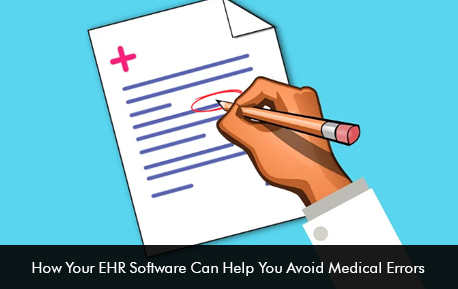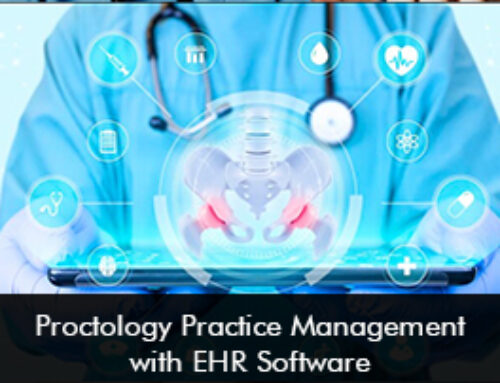Medical errors can be terrifying for both the healthcare provider and the patient. Medical errors happen and alarmingly contribute to about 250,000 deaths yearly. Most doctors and health care systems try their level best to avoid a medical error but unfortunately, some patients do experience these errors.
What are these medical errors?
During patient care, medical errors happen. Let’s look at the most common medical error which is called the medication error. The possibility of such a slip is more common when a patient is seen by more than one clinician or multiple teams of medical specialists. Medication errors include wrong dosages and interactions with other drugs. However, the good news is that these fatal medical errors can be avoided and reduced through your Electronic Medical Records (EHR) Software system.
How can EHR Software technologies help to avoid a medical error?
EHR Software adaption has helped to reduce the risk of medical errors. It helps to enhance patient safety and help to reduce negative medication events. When health care providers have complete and accurate information patients can receive better care. EHR Software help to diagnose disease and improve patient outcomes.
- A top-ranking EHR Software does not only keeps a record of the patients’ medication history and allergy but also automatically checks for any issues whenever a new medication is prescribed. If a medication error is noted the EHR software will alert the clinician right away. These automatic alerts help to enhance patient safety throughout the treatment process.
- The data and information stored in the Electronic Medical Records (EMR) System tell a health care provider in the emergency department about a patients’ life-threatening allergy and therefore the medical staff can make appropriate care adjustments accordingly.
- Potential safety issues can be highlighted by EHR Software when they occur. This helps providers to avoid any errors which may lead to serious consequences, hence improving patient safety.
- EHR Software are robust systems and supports the clinician to identify and correct any operational issues. In a paper-based setup identification of such problems could take a lot of time and energy.
- EHR Software may also improve risk management by clinical alerts, supporting diagnostic decision making, and gathering all data and information including lab results in one place.
Final Takeaway
Recent studies and research suggest that Electronic Health Records (EHR) Software solutions can help reduce medical errors by over 50%. The robust set of features in the software system helps to support physicians and hospital setups to rapidly research on drugs to reveal its many side effects. These systems also formulate approved standard dosage of drugs which keeps patient safety at its maximum level. EHR Software adaption can certainly help to identify any red flags during the treatment process to improve patient outcomes.
Resources:
How Do EHR Systems Reduce Medical Errors? – CureMD. (2020). Retrieved 6 May 2020, from https://www.curemd.com/ehr-reduce-medical-errors.asp
How do electronic health records help reduce medication errors? | Preventing Medical Errors. (2020). Retrieved 6 May 2020, from https://www.sharecare.com/health/preventing-medical-errors/how-electronic-records-medication-errors
How your EHR can help you avoid medical errors. (2020). Retrieved 6 May 2020, from https://www.ehrinpractice.com/how-your-ehr-can-help-you-avoid-medical-errors-711.html
Improved Diagnostics & Patient Outcomes | HealthIT.gov. (2020). Retrieved 6 May 2020, from https://www.healthit.gov/topic/health-it-and-health-information-exchange-basics/improved-diagnostics-patient-outcomes







